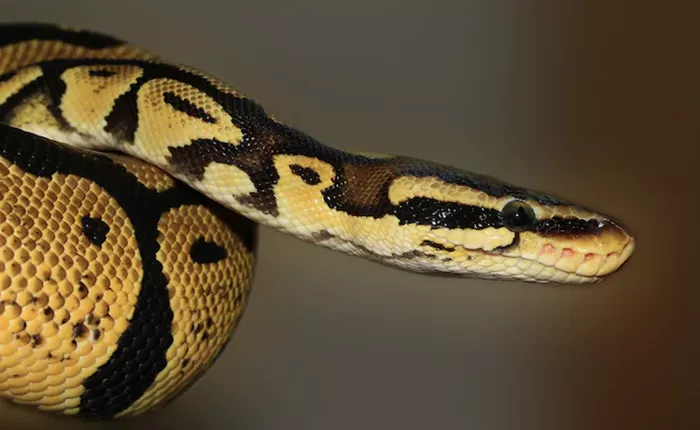Nestled in the verdant landscapes of central Thailand’s Uttaradit province, a sprawling warehouse houses thousands of pythons, bred primarily for their exquisite, diamond-patterned skins coveted by European fashion houses. Yet, amid this thriving industry, scientists and industry insiders are beginning to see another untapped resource: python meat.
In a world grappling with escalating global demand for protein and mounting concerns over the environmental impact of conventional livestock farming, reptiles like pythons offer a compelling alternative that has often been overlooked. These serpents thrive in high temperatures, endure droughts, reproduce rapidly, and boast a remarkably efficient feed-to-meat ratio compared to traditional sources of animal protein.
Recent research, published in the journal Nature, highlights the potential of python farming as a flexible and efficient solution to global food insecurity. Conducted over a year at commercial farms in Vietnam and Thailand, the study underscored the pythons’ resilience and rapid growth, with females laying up to 100 eggs annually and thriving on diets of waste chicken and wild-caught rodents.
Patrick Aust, director of the African Institute of Applied Herpetology and a key figure in the study, emphasizes the adaptability and nutritional value of python meat. “They can survive for months without food or water and maintain optimal condition,” Aust explains, advocating for broader recognition of these reptiles as a viable protein source.
However, despite the promising attributes of python meat—known for its chicken-like texture and low saturated fats—its acceptance remains limited. Emilio Malucchi, an Italian expatriate and python farmer in Thailand, laments the lack of market demand, with most of his python meat either discarded or used in fish farms. “It’s a complete waste,” Malucchi asserts, highlighting the challenges of educating consumers and overcoming cultural biases against consuming snake meat.
The debate over python farming extends beyond culinary preferences to environmental considerations. The United Nations’ Intergovernmental Panel on Climate Change has identified traditional livestock, particularly beef, as a significant contributor to greenhouse gas emissions and land use change. With projections indicating a 14% rise in global meat demand by 2032, driven by population growth and rising living standards in Asia, alternative protein sources like python meat could offer a sustainable solution amidst climate challenges.
Despite its potential, the python farming industry faces hurdles, including stringent processing standards and ethical concerns raised by animal welfare organizations. Critics, including animal rights advocates, have raised concerns about the treatment of pythons on farms, highlighting issues of humane slaughter and ethical farming practices.
Nonetheless, proponents like Aust remain optimistic about the future of python farming, emphasizing its versatility and nutritional benefits. “You can barbecue it, cook it in curries, or fry it in garlic butter until it’s nice and crispy,” Aust enthuses, underscoring the adaptability of python meat in various cuisines.
As the world navigates a complex landscape of food security, climate change, and ethical considerations, the potential of python farming to balance fashion demands with sustainable food production continues to spark dialogue and innovation. With ongoing research and advocacy efforts, the journey towards embracing reptilian protein sources may hold promise in meeting global protein needs responsibly and sustainably.
[inline_related_posts title=”You Might Be Interested In” title_align=”left” style=”list” number=”6″ align=”none” ids=”10920,10918,10915″ by=”categories” orderby=”rand” order=”DESC” hide_thumb=”no” thumb_right=”no” views=”no” date=”yes” grid_columns=”2″ post_type=”” tax=””]



































